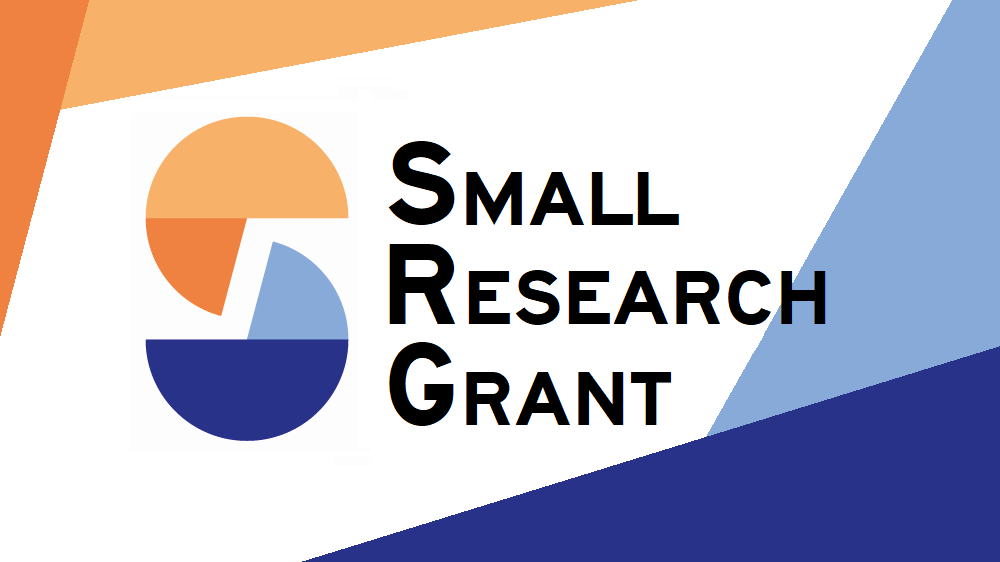Infrastructure development is essential for economic growth and structural change, with citizens increasingly demanding services like electricity, roads, and clean water as incomes rise and urbanisation increases. However, developing countries often experience delays in providing these services, necessitating significant public investments to address the infrastructure gap caused by rapid urbanisation. Moreover, infrastructure investments are characterised by long timelines, significant budgets, and governance challenges, making institutional quality crucial. This project focuses on the dynamic interaction between public and private provision of infrastructure services, where investments in public infrastructure, with high fixed and low marginal costs, compete with private alternatives, which have low fixed and high marginal costs. The coexistence of these options can lead to multiple equilibria, especially in unequal societies, creating policy challenges for governments. This study develops a model to explore how growth, inequality, and institutional capacity influence public infrastructure outcomes and the role of second-best policies in the face of commitment issues.
In the empirical part of the project, the research team focuses on Odisha, India, where the government launched the "Drink from Tap" mission in October 2020 to provide 24x7 clean piped water to urban households. Before Drink from Tap, households received intermittent and low-quality water, leading many to invest in private infrastructure like water tanks and RO filters. This project examines whether the availability or expectation of public water displaces these private investments. To achieve this, the study uses administrative data from the Water Corporation of Odisha (WATCO) to estimate the public cost of providing clean water and estimates from national household survey datasets to measure private investments in water infrastructure, and willingness to pay for clean and reliable water. This data provides insights into how public and private infrastructure interact and will serve as a setting to illustrate the models implications.
This research is relevant to policymakers in low-income countries, where rapid urbanisation has created significant infrastructure gaps that governments are working to fill. The trade-off between public infrastructure provided at scale and private alternatives installed piecemeal is crucial for decision-makers. This study addresses one key aspect of this trade-off: the dynamic relationship between public and private infrastructure, which can lead to multiple equilibria and inefficient outcomes if poorly managed. This issue is widespread across Sub-Saharan Africa, South Asia, and Latin America, where inequality, infrastructure development, and the coexistence of public and private solutions are common. In India, the Government’s Jal Jeevan Mission aims to provide rural households with piped drinking water, and how this public effort interacts with private investments is central to the mission’s success. The partnership with the Water Corporation of Odisha (WATCO), a model for implementing effective water management practices, further enhances the project's impact, as WATCO has been actively training engineers and bureaucrats to replicate this project. Policymakers can utilise this project's findings to design effective and cost-efficient infrastructure policies, ensuring that investments align with public needs.































































